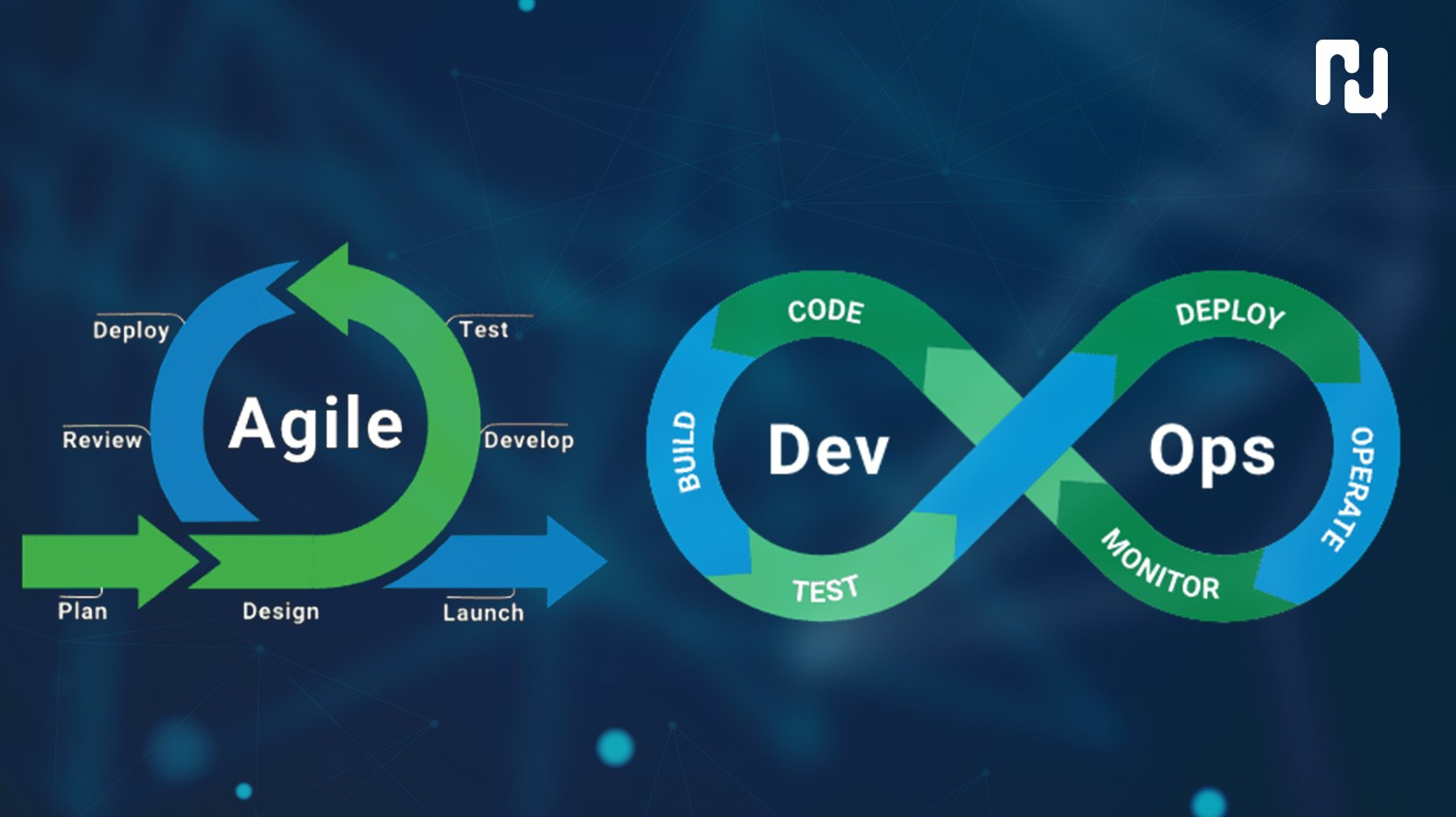The pace of digital innovation continues to accelerate, placing new demands on software delivery, infrastructure management, and application reliability. To remain competitive, organisations are adopting agile, collaborative methods that reduce time to market and improve product quality. One of the most effective ways to achieve this is by investing in comprehensive DevOps and support services.
Understanding DevOps in a Business Context
DevOps combines development and operations into a unified approach that prioritises collaboration, automation, and continuous improvement. Rather than treating software development and IT operations as separate functions, DevOps encourages shared responsibility, streamlined workflows, and real-time feedback across the application lifecycle.
At its core, DevOps is about delivering value faster and more reliably—without compromising quality or security. By integrating processes, automating repetitive tasks, and embracing cloud-native tools, teams are better equipped to release updates quickly, resolve issues proactively, and respond to changing requirements.
Key Components of a DevOps Strategy
Implementing DevOps effectively requires more than a few new tools—it demands cultural change, process alignment, and ongoing support. Key components of a successful DevOps framework include:
- Continuous Integration (CI): Automatically building and testing code with every commit
- Continuous Deployment (CD): Automating the release of updates into production environments
- Infrastructure as Code (IaC): Managing infrastructure through version-controlled scripts
- Monitoring and observability: Tracking system health, usage, and performance in real time
- Incident response processes: Rapid detection and resolution of outages or bugs
- Security integration (DevSecOps): Embedding security into development workflows
These elements create a robust pipeline for delivering, maintaining, and improving software at scale.
Operational Benefits for Businesses
Adopting DevOps and support services provides measurable benefits across IT, development, and business teams:
- Faster time to market: Shorter release cycles and faster delivery of new features
- Improved product quality: Early detection of bugs and automated testing reduce production issues
- Higher availability: Proactive monitoring and rapid response minimise downtime
- Increased scalability: Cloud-native environments allow systems to grow with demand
- More efficient resource use: Automation reduces manual workload across teams
- Greater visibility: Real-time dashboards and logs offer transparency across the application estate
DevOps also supports better alignment between technology and business goals—ensuring that development efforts contribute directly to value creation.
Transparity’s DevOps and Support Services
Transparity provides fully managed DevOps and support services designed to accelerate delivery, enhance system stability, and empower internal teams. Leveraging Microsoft Azure, GitHub Actions, Terraform, and other cloud-native tools, Transparity builds scalable and secure DevOps pipelines tailored to the needs of each organisation.
From initial strategy and architecture through to day-to-day operations, Transparity supports clients with:
- CI/CD pipeline design and optimisation
- Cloud infrastructure automation
- Environment provisioning and management
- 24/7 monitoring and alerting
- Incident response and root cause analysis
- Performance tuning and system reliability engineering
Their team works in close partnership with internal developers and IT staff to embed DevOps practices, remove delivery bottlenecks, and ensure operational resilience.
Transparency is at the core of every engagement, with clear reporting, collaborative working methods, and a focus on continuous improvement.
Supporting Teams Across All Sectors
DevOps has become a strategic advantage across industries—from fintechs launching customer apps to public sector bodies managing critical infrastructure. As systems become more complex and customer expectations rise, businesses require rapid, reliable, and repeatable delivery processes.
With a well-executed DevOps approach and robust ongoing support, organisations can innovate confidently while maintaining performance, security, and compliance.


